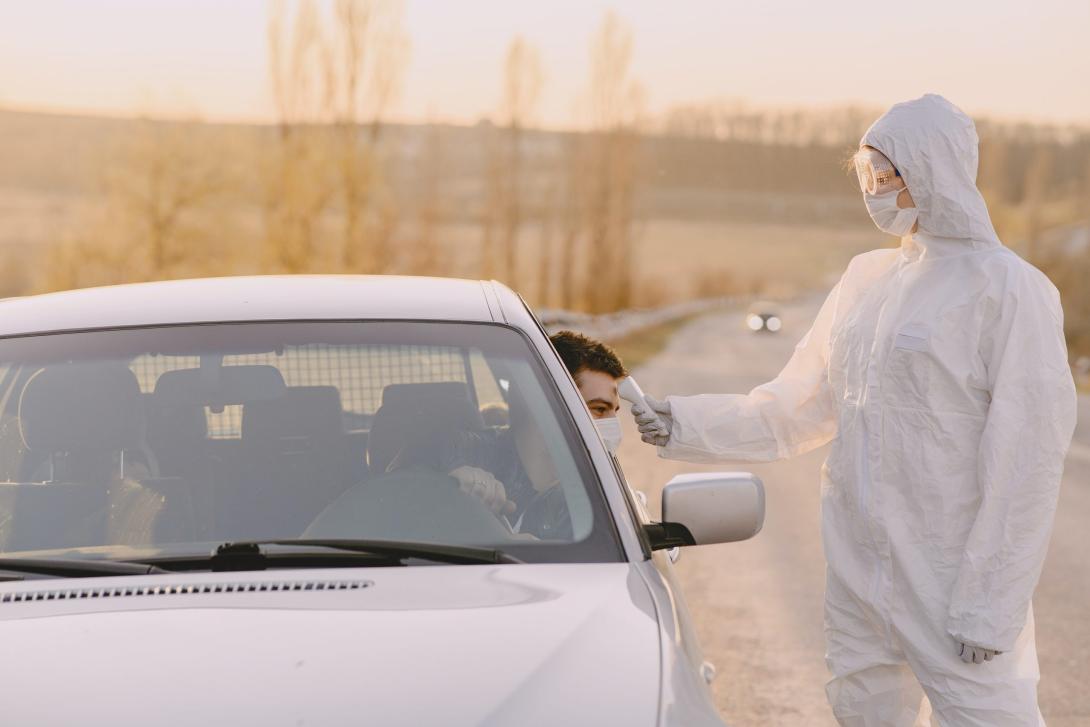Returning to Work? 7 Questions to ask Regarding COVID-19

Returning to work while coronavirus is still a threat is understandably stressful. While some companies like Twitter have decided to make remote work permanent, plenty of companies are expecting everyone to return. Your office might be reopening or open already.
But is it safe to return to work? Ideally, your workplace will spell out in writing the plan that will address all the policies and procedures and let you know ahead of time.
While the CDC did layout some guidelines, the state and local rules are sometimes different and that's what's actually enforceable. If an employer doesn't follow state guidelines, employees can report them for noncompliance. Companies can be fined or even shut down. Your local Department of Labor website should have the information, or links might be available on your governor's homepage.
Experts recommends asking some specific questions to either your direct supervisor, human resources contact or union representative.
Here are the questions you need definite answers to:
Are you consulting with local health authorities about the state of coronavirus transmission in our area?
Companies need to be aware of the global pandemic's current impact and it's path to help their decision making. Criteria must be based on: frequency of virus transmission, if transmissions and deaths are increasing or decreasing, and for how long. Your company needs to pay attention to the most accurate and updated information the local health department can provide. Decisions need to be based on that information.
Are masks required?
According to the CDC, wearing masks can greatly reduce transmission of the virus, particularly in areas where social distancing isn't an option. So you will want to be aware ahead of time before returning.
How are you monitoring everyone's health?
Returning to work doesn't need to be more stressful. No one wants to work in a dangerous environment. Every company needs to have a clear set of steps that need to be taken in case someone gets infected. No one wants any confusion on what to do if your work gets an outbreak. Checking temperatures of everyone entering the building is a fast and efficient way to check everyone's health. Some companies are doing multiple temperature checks. Ask your employer if they plan on taking similar steps. Of course this can't be for specific employees, but will have to be done across the board.
What sanitizing procedures will be in place for high-touch surfaces?
Remember that you're not returning to work for one day; you're returning to work every day. Be sure to ask about an ongoing cleaning and sanitizing plan for high touch areas. This includes restrooms, door handles, and all of the areas that people tend to touch should be cleaned regularly. CDC recommended guidelines have what to clean and with what chemicals. You can also check the U.S. Occupational Health and Safety Administration (OSHA) for more information. Before returning to work, everyone should know where to find cleaning products for employees to clean their own work surfaces.
What policies are in place for people who may have been exposed?
Studies have shown that before coronavirus, 9 out of 10 Americans didn't stay home when sick. Main reasons were they were either worrying about too much work or they weren't able to afford a day off.
With coworkers taking care of family that may have been sick or exposed, sick days are more important than ever. Now is the best time to check on vacation policies and sick days. Is there a plan in place for people who are at increased risk? Make sure the existing policies work for this new situation. Remember that it only takes one case of coronavirus to spread.
The ideal situation would be if anyone exposed was able to stay under mandatory 14 day quarantine. Under the Families First Coronavirus Response Act, employees of certain public agencies or private companies with less than 500 people have access to emergency paid leave. This is in place until the end of 2020. While not all employers fall under this law, there should be options.
Have there been any physical office changes?
Moving desks further apart or installing barriers between seats can help install proper distancing between employees. Another thing to consider is air flow, so that air conditioners aren't pushing respiratory droplets from one person to another. People may have to move away from sitting directly below air conditioning vents. Fresh air isn't always possible, but would be preferred. That would reduce people coming into contact with each other at entryways.
How do you communicate real time health updates?
If there's an important public announcement while you're at work, how will you be informed? Some companies will use email while others might find a loudspeaker more beneficial. If there is an emergency at your workplace, you need to know how you will find out and what to do next.
Workplace safety has now taken on a whole new meaning. Be sure to check out our other links on working during this time: